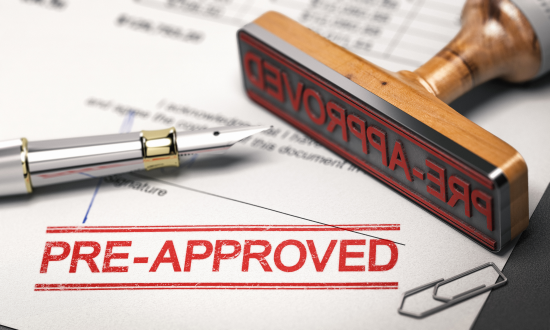
When you're applying for a mortgage, it can feel a bit intimidating, but understanding what lenders are generally looking for can ease some of that stress.
Mortgage lenders want to ensure they're lending money to someone who can reliably pay it back. So, they typically assess several key factors during the application process.
Credit Score
One of the first things lenders check is your credit score. This number gives them a sense of how well you've managed debt in the past. A higher credit score means you're more likely to get approved for a loan, and it could also help you secure a better interest rate. While scores in the 700s are considered solid, many lenders will work with scores in the 600s, depending on other factors.
Income and Employment History
Your ability to repay the loan is critical, so lenders will want to verify your income and ensure it’s steady. This is where your employment history comes in. Lenders prefer to see a stable employment record, typically with at least two years of consistent income from the same job or field. If you’ve recently switched careers, it could raise a few questions, but as long as your income is reliable, you’re in good shape.
Debt-to-Income Ratio (DTI)
This is a biggie. Your debt-to-income ratio helps lenders determine how much of your income goes toward paying off debt. Lenders typically want to see a DTI of around 43% or lower, meaning less than half of your income is going to pay debts each month. The lower your DTI, the more confident a lender will feel about your ability to take on and manage a mortgage.
Down Payment
Lenders also like to see that you have some skin in the game, which comes in the form of your down payment. The larger the down payment, the less risk the lender takes on. Most traditional loans require at least 3-5% down, but putting 20% down can help you avoid private mortgage insurance (PMI), which adds an extra monthly cost to your loan.
Assets and Savings
In addition to your income, lenders like to see that you have a cushion in savings or other assets. This reassures them that you could still make your mortgage payments if your income takes a temporary hit. Having enough reserves to cover a few months of payments can make a big difference during the approval process.
The Property Itself
The property you're hoping to buy is a factor. Lenders will appraise the property to ensure it's worth the loan amount. This is where getting an appraisal is crucial, even for cash buyers.
Call to Action: Work with a Full-Time Realtor and ABR for Your Home Purchase
Finally, as a full-time Realtor with years of experience in the Miami market, including Kendall and the surrounding neighborhoods, I’m here to guide you through every step of the home-buying process. I’m also an Accredited Buyer’s Representative (ABR), which means I have specialized training in representing homebuyers and negotiating the best deals for them.
Working with an ABR ensures that your interests are my top priority. I’ll help you navigate the complexities of the mortgage process, from connecting you with reliable lenders to finding the right home that fits your needs. Reach out today, and let's get started on making your homeownership dreams a reality!